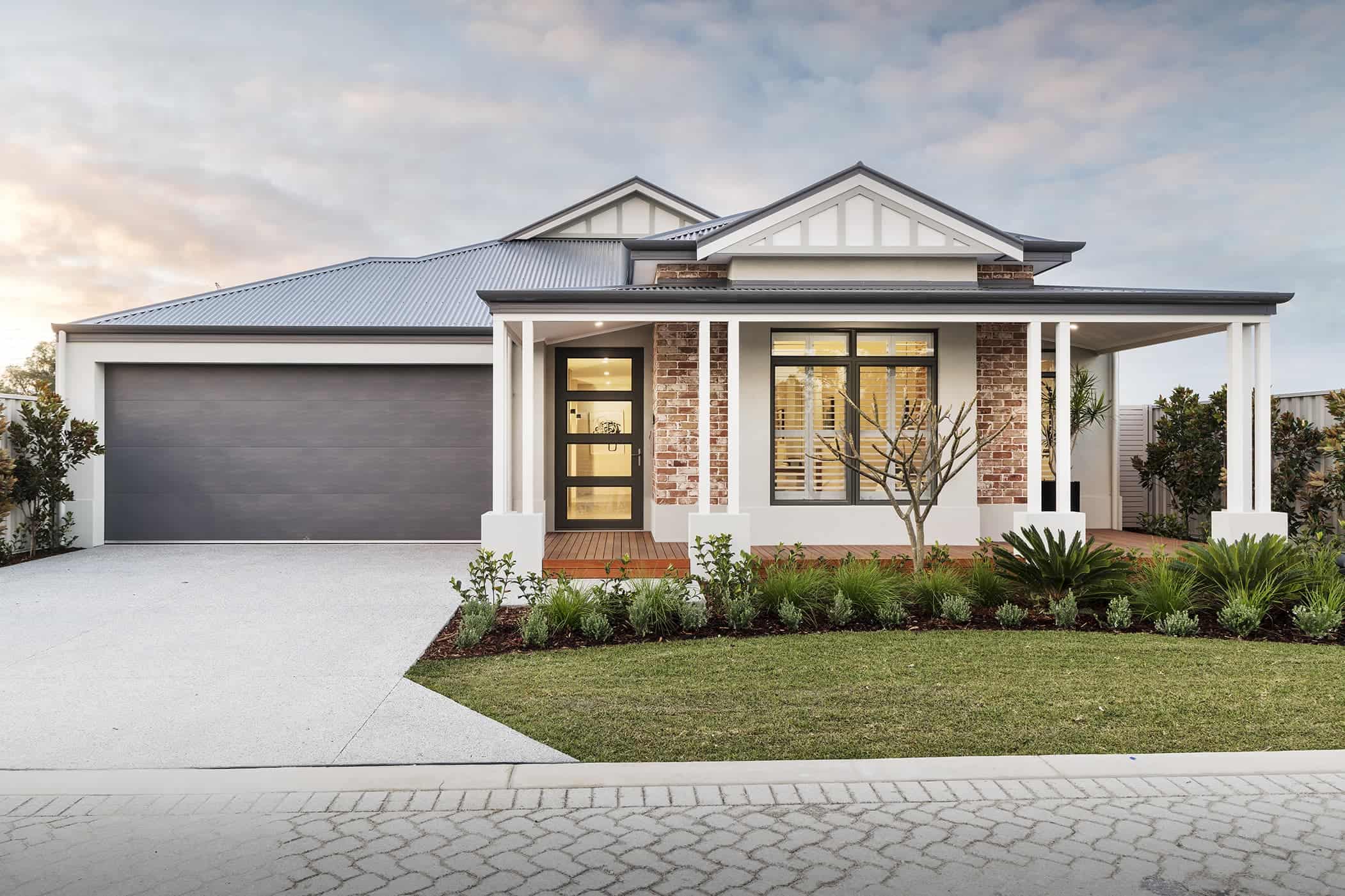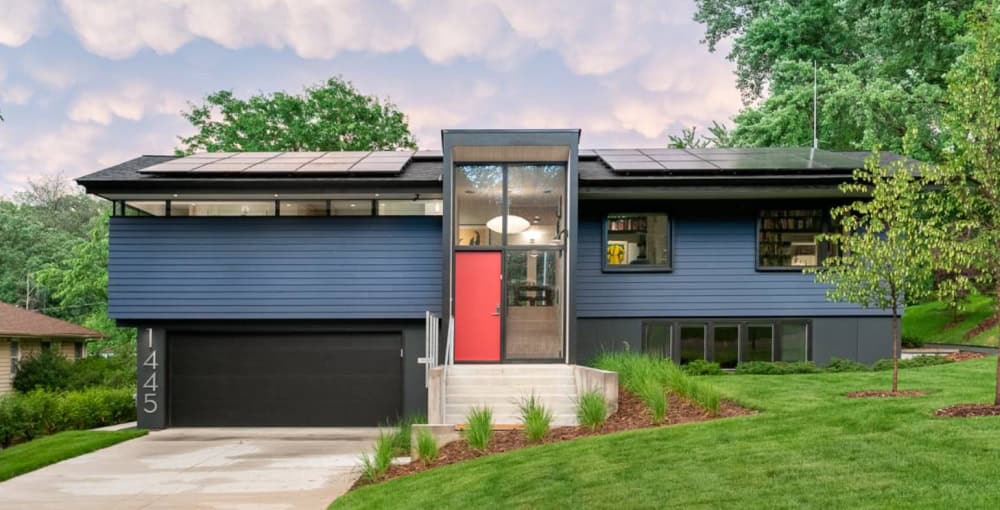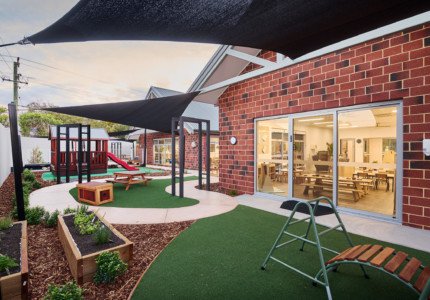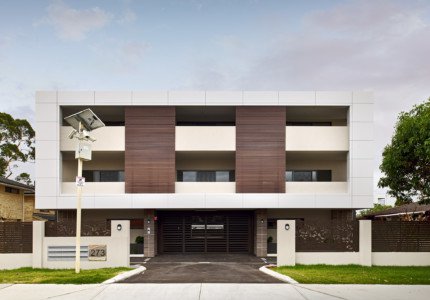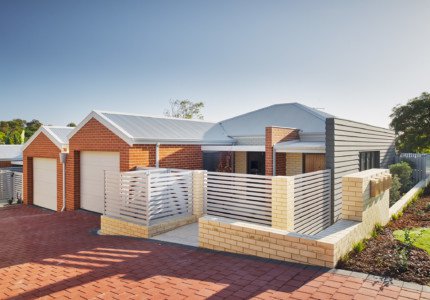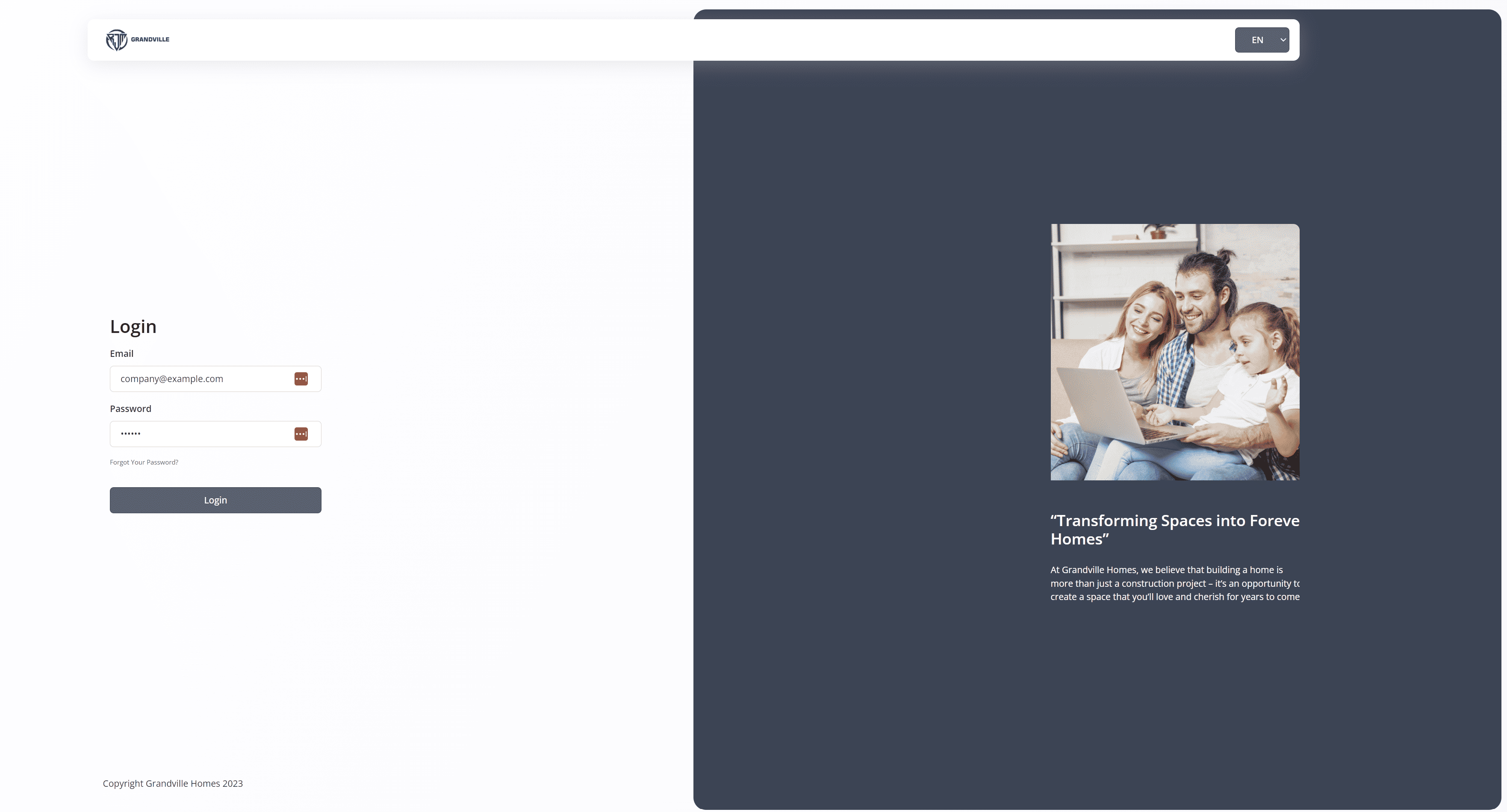Potential Hazards: Flood Zones, Bushfires, and More
Drop a Line if you have a Question!
Are you aware of the potential hazards?
Are you aware of the potential hazards that could affect you?
In this article, we will explore flood zones, bushfires, and other natural dangers that you should be mindful of. By understanding these risks, you can take necessary precautions to mitigate their impact on your life.
Whether you live in a flood-prone area or not, being prepared is key.
Let’s delve into the details and equip you with the knowledge you need to stay safe.
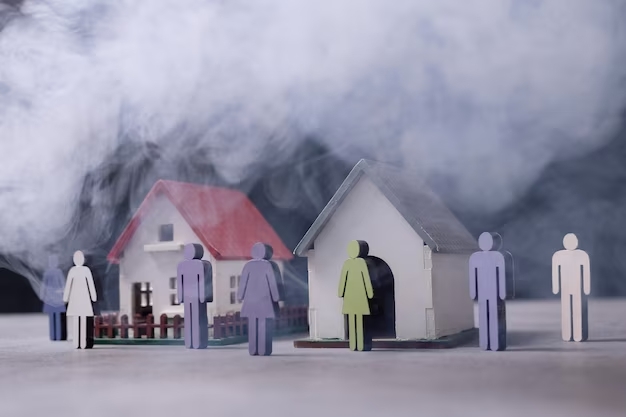
Understanding Flood Zones
You should be aware of flood zones and understand the risks they pose to your property.
Flood zones are designated areas that are prone to flooding during heavy rains or when rivers and streams overflow.
Living in a flood zone increases the likelihood of your property being damaged or destroyed by flooding.
It is crucial to know if your property is located within a flood zone and take appropriate precautions.
Floods can cause significant damage to homes, including structural damage, water damage, and the potential loss of personal belongings.
Understanding the risks associated with flood zones will help you make informed decisions about protecting your property, such as investing in flood insurance, implementing flood-resistant measures, and following evacuation procedures when necessary.
The Dangers of Bushfires
One of the dangers of bushfires is that they can spread rapidly. When a bushfire ignites, it can quickly engulf vast areas, devouring everything in its path.
The intense heat and strong winds facilitate the rapid expansion of the fire, making it extremely challenging to contain. The flames leap from tree to tree, devouring the dry vegetation, and releasing thick plumes of smoke into the air.
Embers can be carried by the wind for miles, starting new fires and further exacerbating the situation. As the fire spreads, it threatens homes, wildlife, and natural habitats.
The speed at which bushfires can move makes it crucial for individuals to evacuate promptly and for emergency responders to act swiftly to control and extinguish the fire before it causes further devastation.
Other Natural Hazards to Be Aware Of
Tornadoes can cause severe damage to homes and infrastructure in a matter of seconds. It’s important to be aware of other natural hazards as well.
Flooding is another danger that can wreak havoc on your property. Heavy rains can quickly overwhelm drainage systems, leading to water entering your home and causing extensive damage. It’s crucial to have an emergency plan in place and to be prepared to evacuate if necessary.
Additionally, earthquakes can strike without warning, causing buildings to collapse and endangering lives. It’s essential to secure heavy objects and have a designated safe spot in your home.
Wildfires are another natural hazard to be cautious of. They can spread rapidly, destroying everything in their path. Stay informed about fire danger levels and follow evacuation orders if issued.
Being aware of these natural hazards and taking necessary precautions can help keep you and your loved ones safe.
Mitigating Risks in Flood-Prone Areas
Living in flood-prone areas requires taking steps to reduce the risks and protect your property.
Firstly, it’s important to stay informed about the local weather conditions and any flood warnings issued by authorities.
Keep an emergency kit ready with essentials like food, water, and medication. Additionally, consider investing in flood insurance to safeguard your belongings.
When designing or renovating your home, elevate electrical systems and appliances to higher levels to prevent damage. Install flood-proof barriers such as sandbags or flood panels around your property perimeter.
Ensure your gutters and drainage systems are well-maintained to prevent water buildup.
Finally, develop an emergency plan with your family, including evacuation routes and a meeting point.
Preparing for Potential Hazards
To ensure your safety, it’s vital to be prepared for any unforeseen dangers that may arise. Living in an area prone to hazards like flood zones or bushfires requires you to take proactive measures.
Start by creating an emergency plan that includes evacuation routes and designated meeting points. Keep an emergency kit stocked with essentials like food, water, medications, and a first aid kit.
Stay informed about weather conditions and any potential warnings or alerts in your area. Regularly check and maintain your home, making sure it is equipped with functioning smoke detectors, fire extinguishers, and proper ventilation.
Conclusion
So remember, when it comes to potential hazards like flood zones and bushfires, it’s crucial to stay informed and take necessary precautions.
Be aware of the risks and be prepared for any situation.
Stay vigilant and stay safe by following the guidelines and advice provided.
By being proactive and taking action, you can minimize the impact of these hazards and protect yourself and your loved ones.
Stay prepared, stay informed, and stay safe.

Have a question?
Become a






